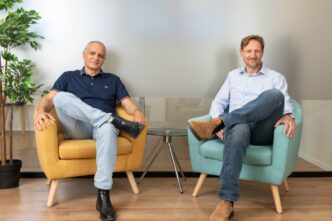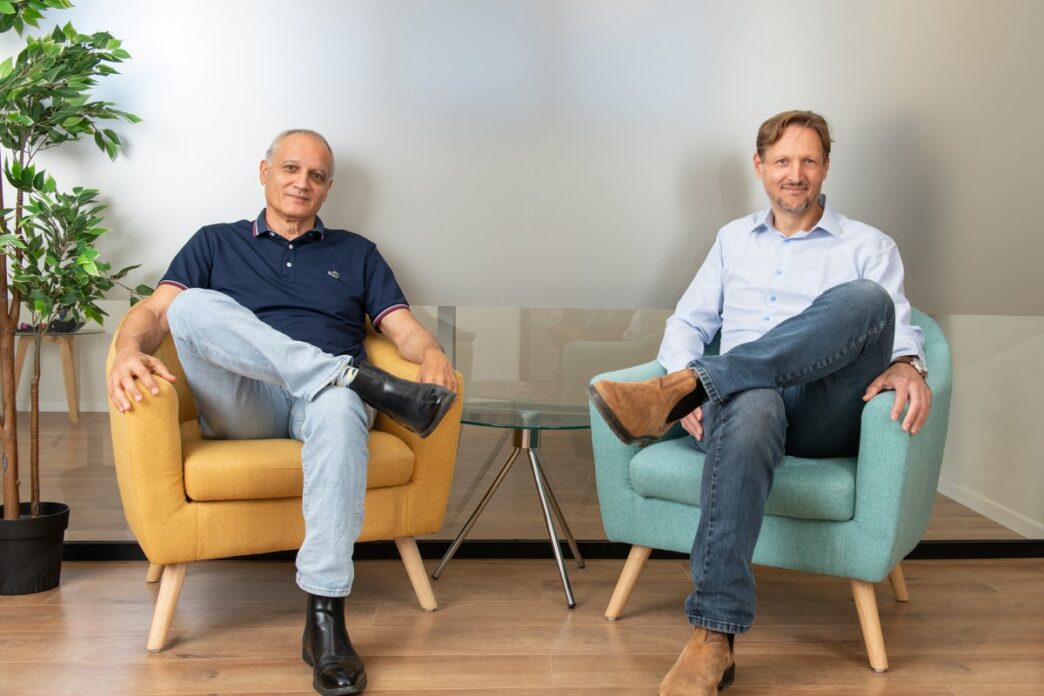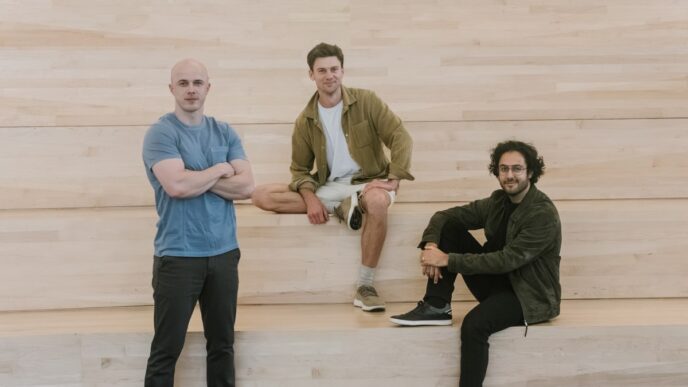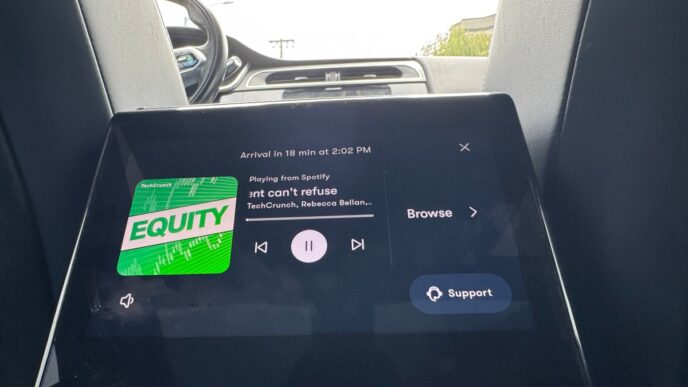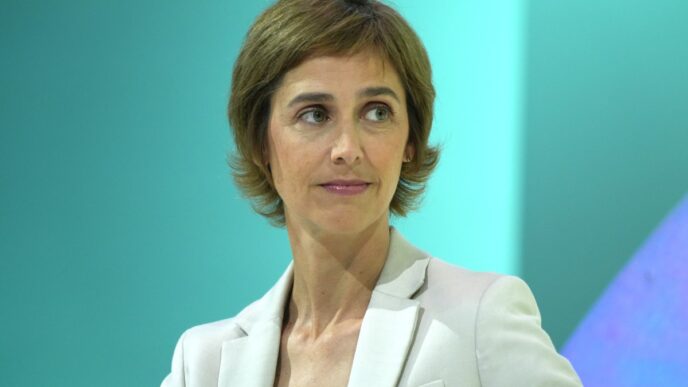NeoLogic is building energy-efficient server CPUs aimed at slashing data center power use. The Israeli fabless chip startup is designing processors with simplified logic that use fewer transistors and gates. This approach targets faster speeds with significantly less power consumption.
Founders Avi Messica (CEO) and Ziv Leshem (CTO) pushed back against industry skepticism. Many told them their ideas were impossible since logic synthesis and circuit design are supposedly too mature to innovate. The duo launched NeoLogic in 2021, driven by the belief that Moore’s Law is dead and transistor scaling has stalled.
The company is already working with two unnamed hyperscalers on CPU design. A single-core test chip is due by the end of 2024, with server CPU integration in data centers expected around 2027.
NeoLogic recently raised $10 million in a Series A led by KOMPAS VC, joined by M Ventures, Maniv Mobility, and lool Ventures. The funding will expand engineering efforts and speed development.
Data centers are facing soaring power demands due to the AI boom. Expected energy use will double in the next four years. Messica claims their tech can cut costs by about 30%, plus reduce water usage and construction expenses — all critical to future data center efficiency.
Avi Messica stated:
“Most of the people that we have met say it’s impossible.”
“Some of them told us, at the time, that the innovation is impossible because you cannot innovate in logic synthesis. You can’t innovate in circuit design. It’s too mature.”
“We co-founded this company more than four years ago because Moore’s Law was dead.”
“It affects everything. If you talk about next-generation data centers, it affects the construction costs; it affects the amount of capital that you’ll invest because you can shave off roughly 30% of the cost. And it affects the water usage. It has an impact on society, and basically that was our vision roughly five years ago.”
